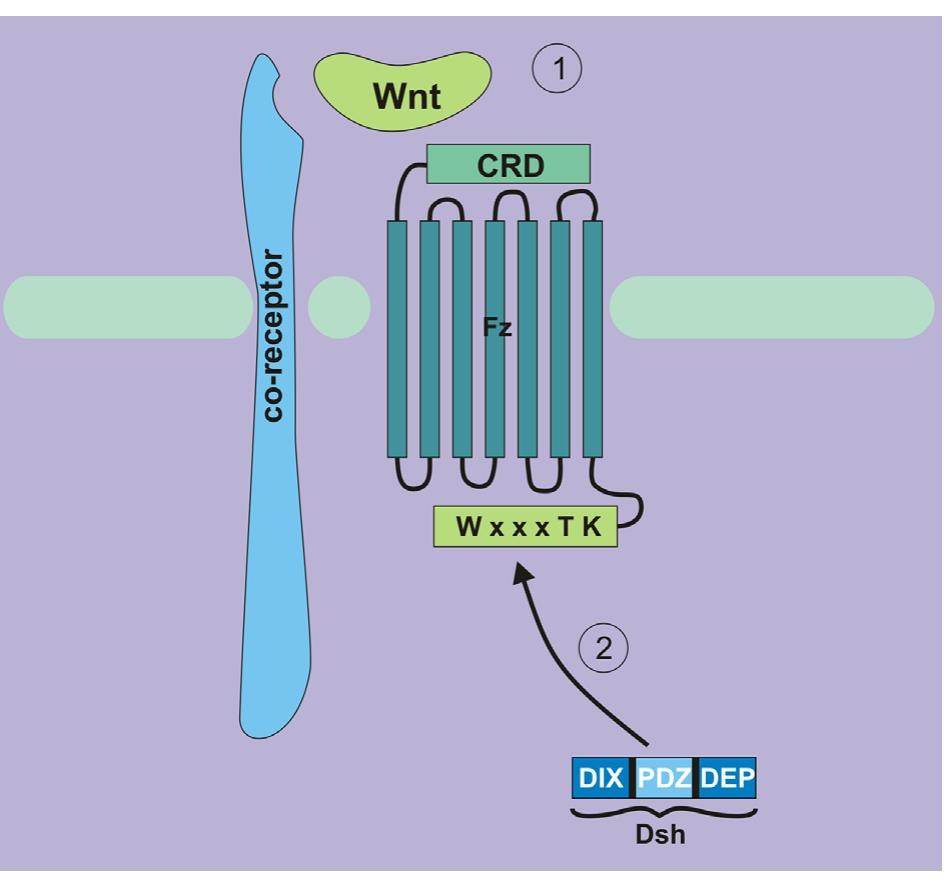
Wnt/β-catenin signaling plays an ever-expanding role in stem cell self-renewal, tumorigenesis and cancer chemoresistance


Wnt signaling transduces evolutionarily conserved pathways which play important roles in initiating and regulating a diverse range of cellular activities, including cell proliferation, calcium homeostasis, and cell polarity. The role of Wnt signaling in controlling cell proliferation and stem cell self-renewal is primarily carried out through the canonical pathway, which is the best-characterized the multiple Wnt signaling branches. The past 10 years has seen a rapid expansion in our understanding of the complexity of this pathway, as many new components of Wnt signaling have been identified and linked to signaling regulation, stem cell functions, and adult tissue homeostasis. Additionally, a substantial body of evidence links Wnt signaling to tumorigenesis of cancer types and implicates it in the development of cancer drug resistance. Thus, a better understanding of the mechanisms by which dysregulation of Wnt signaling precedes the development and progression of human cancer may hasten the development of pathway inhibitors to augment current therapy. This review summarizes and synthesizes our current knowledge of the canonical Wnt pathway in development and disease. We begin with an overview of the components of the canonical Wnt signaling pathway and delve into the role this pathway has been shown to play in stemness, tumorigenesis, and cancer drug resistance. Ultimately, we hope to present an organized collection of evidence implicating Wnt signaling in tumorigenesis and chemoresistance to facilitate the pursuit of Wnt pathway modulators that may improve outcomes of cancers in which Wnt signaling contributes to aggressive disease and/or treatment resistance.
